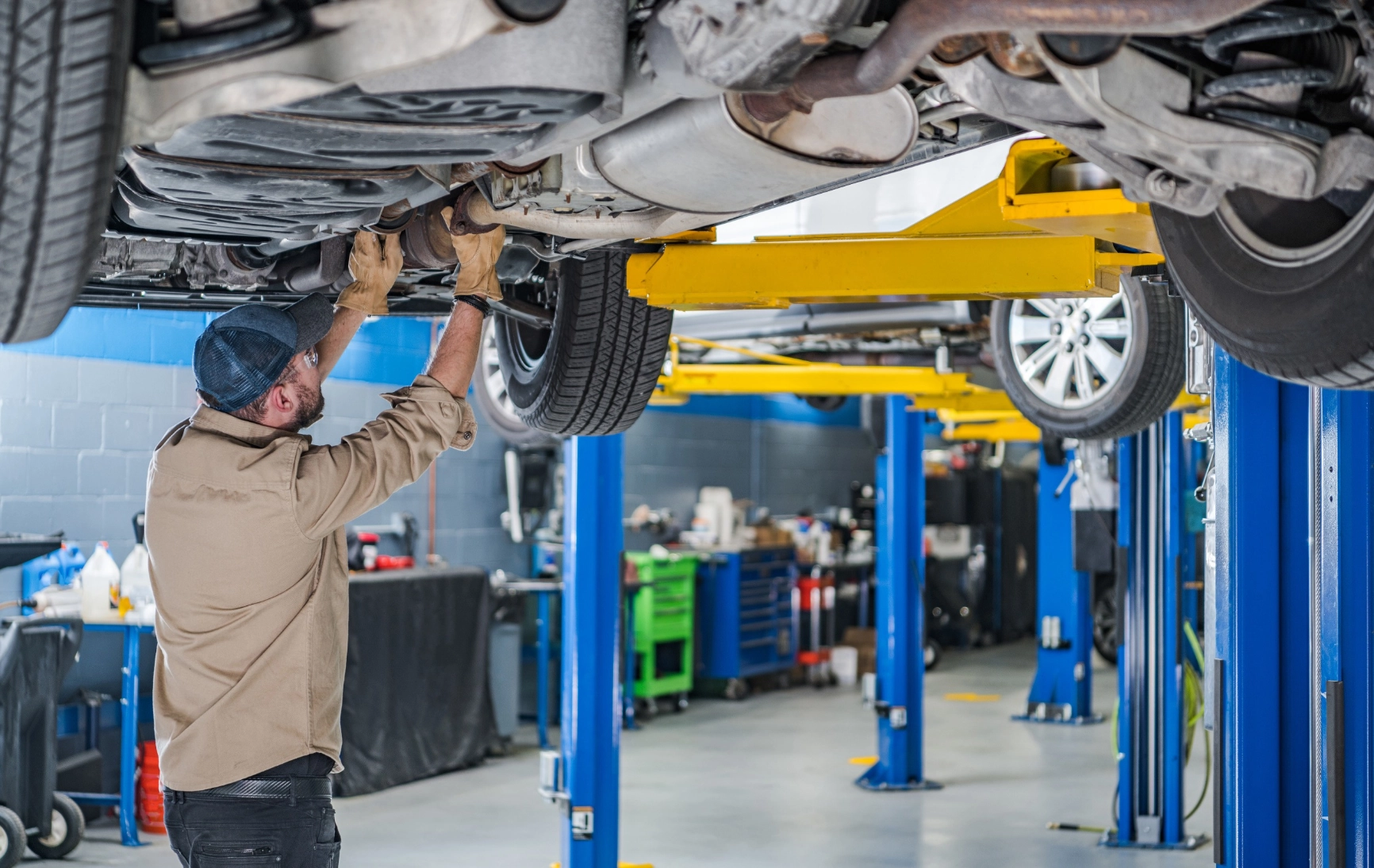All Categories
Featured
Normal engine tune-ups are vital for preserving your automobile's performance, boosting gas efficiency, and prolonging its lifespan. Whether you're an experienced automobile proprietor or a beginner, understanding the essential aspects of an engine tune-up can assist you maintain your cars and truck running smoothly for several years. Below are some crucial pointers to direct you via the process.
- Adjustment the Flicker Plugs. Ignition system are small however magnificent elements that play a vital function in igniting the fuel-air combination in your engine. With time, they can break or end up being fouled, leading to inadequate engine efficiency, lowered fuel effectiveness, and tough starts.
Throughout a tune-up, examine your spark plugs for wear and change them as necessary. For many automobiles, spark plugs should be changed every 30,000 to 100,000 miles, relying on the kind and product. Fresh spark plugs ensure effective burning and smoother engine operation.
- Check and Replace the Air Filter. The air filter is your engine's initial line of defense against dust, particles, and various other contaminants. A clogged up or unclean air filter can restrict air flow, creating your engine to function more difficult and consume more gas.
Examine your air filter during a tune-up and replace it if it's unclean or previous its preferred service interval. A clean air filter improves engine effectiveness and improves gas economic climate.
- Inspect the Fuel System. Over time, your gas system can build up dust and carbon down payments, minimizing engine efficiency and gas effectiveness. Cleaning the fuel injectors and fuel lines during a tune-up helps maintain proper fuel distribution and burning.
You can use a fuel system cleaner or have a specialist mechanic perform a much more extensive cleaning. This action is particularly advantageous for older automobiles or vehicles frequently driven in stop-and-go web traffic.
- Inspect the Belts and Hose pipes. Belts and pipes are crucial for numerous engine functions, such as running the generator, water pump, and a/c. Throughout a tune-up, check for cracks, fraying, or indicators of wear on these components.
Change any worn-out belts and hose pipes to stop possible breakdowns. A damaged belt or leaking pipe can bring about engine getting too hot or loss of power, so dealing with these problems quickly is essential.
- Change the Engine Oil and Oil Filter. Engine oil is essential for oiling relocating components, lowering rubbing, and controling engine temperature. With time, oil becomes infected and sheds its efficiency.
As component of a tune-up, replace the engine oil and oil filter. Make use of the kind of oil suggested by your automobile's producer and stick to the suggested adjustment periods. Clean oil maintains your engine running smoothly and avoids early wear.
- Examine the Battery and Charging System. A healthy and balanced battery is crucial for starting your vehicle and powering its electrical systems. During a tune-up, inspect the battery's voltage and inspect the terminals for deterioration. Clean the terminals if needed and ensure a secure connection.
Furthermore, examination the generator and billing system to guarantee your battery continues to be billed during operation. If your battery is weak or old, consider changing it to avoid unanticipated break downs.
- Flush and Refill the Coolant. The air conditioning system manages your engine's temperature level, stopping it from overheating. Old or polluted coolant can shed its efficiency, leading to prospective engine damages.
During a tune-up, flush the old coolant and change it with a fresh mixture. Also, check the radiator, thermostat, and pipes for leakages or damages. Keeping the cooling system in excellent condition guarantees your engine operates at the right temperature.

- Address Warning Lights and Uncommon Signs. Modern automobiles are furnished with analysis systems that alert you to prospective issues through control panel warning lights. If your check engine light or any kind of other advising signs get on, address them during your tune-up.
Additionally, focus on unusual signs and symptoms such as weird noises, harsh idling, or reduced fuel performance. A professional auto mechanic can detect and settle these problems during the tune-up process.
- Don't Fail To Remember the Exhaust System. Your cars and truck's exhaust system gets rid of damaging gases from the engine and ensures appropriate exhausts. Examine the exhaust system for leaks, corrosion, or damage throughout a tune-up. A faulty exhaust system can affect engine performance and bring about ecological and security issues.
- Usage High-Quality Parts and Fluids. When replacing parts or complementing liquids throughout a tune-up, constantly decide for high-grade products that meet your car's specs. Using substandard parts or wrong liquids can negatively affect your engine's performance and long life.
Conclusion: Regular Tune-Ups Are Trick to Engine Health. Putting in the time to tune up your engine guarantees it runs efficiently, saves fuel, and decreases the danger of breakdowns. Whether you execute these jobs on your own or rely upon a trusted auto mechanic, regular tune-ups are an investment in your automobile's integrity and longevity. Adhere to these tips, and you'll appreciate a smoother, a lot more dependable adventure for years to find.
Latest Posts
Discover the Signature Specials at Deauville Inn
Metro Detroit's Bathroom Fitter: A Quick Fix for Worn Out Washrooms
Commemorate Unforgettable Birthdays at FunCity Hotel
